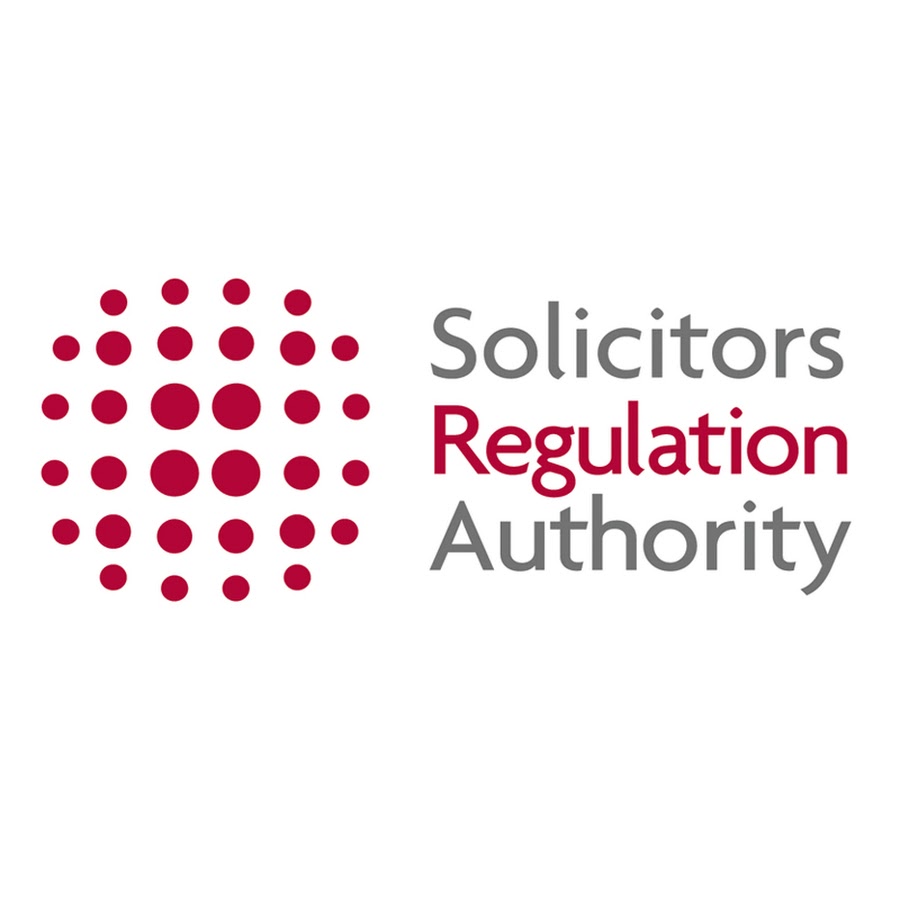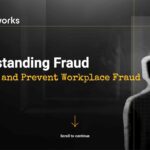Between 2013 and 2022, Roderick Watson, a contracting officer in USAID (US Agency for International Development), used his influence to steer lucrative government contracts toward specific companies, for a price of course.
The scheme began when Watson accepted bribes from Darryl Britt, president of Apprio, Inc., to secure contracts reserved for small, disadvantaged businesses under the SBA (small business administration) program. After Apprio aged out of eligibility, the scheme shifted and PM Consulting Group head Walter Barnes became the prime contractor, with Apprio serving as a subcontractor. Paul Young, president of another subcontractor, served as a key intermediary for funneling bribes.
The bribes were extravagant and diverse; cash payments, luxury suite tickets to NBA games, laptops, a country club wedding, mortgage down payments and even jobs for Watson’s relatives. Many were disguised through false payroll entries, shell companies, or fraudulent invoices. In total, Watson allegedly received over $1 million in illicit payments.
In return, Watson manipulated USAID’s procurement processes in a number of ways. This involved:
- leaking sensitive bid information
- steering non-competitive awards,
- providing unjustified positive performance evaluations
- approving contract amendments such as security clearances and increased funding
Fraud too
The corruption didn’t stop at contract manipulation. Both Apprio and Vistant engaged in securities fraud by misleading Small Business Investment Companies (SBICs). In 2022, Barnes and Watson induced an SBIC to issue a $14 million loan to Vistant, of which Barnes paid himself a $10 million dividend, all while concealing the years-long bribery scheme. In 2023, Britt pulled off a similar deception, securing $8 million in financing by omitting material facts about his involvement in the bribery.
Both companies accepted responsibility and agreed to implement stringent compliance and ethics programs. They also admitted liability under the Civil False Claims Act and will pay civil settlements, which were significantly reduced due to their financial conditions.
Why this matters to your business
This case highlights the serious damage that systemic bribery can inflict on the entire business environment. Bribery distorts fair competition, inflates costs, exposes companies to legal and financial risk, and erodes trust among clients, partners, investors, and regulators.
No matter your sector, size, or client base, your business can be vulnerable to corruption risks, most especially through third-party relationships, procurement processes and internal control gaps. Anti-bribery safeguards aren’t just a legal obligation for some companies; They are a critical layer of protection for every business seeking sustainable growth and reputation resilience.
Red flags: Spotting bribery risks before it’s too late
To avoid becoming implicated in a corruption scandal, businesses must train staff and executives to identify and respond to red flags:
- Unusual access to contracting officers such as frequent private meetings, informal conversations, or special treatment from procurement officials.
- Non-competitive contract awards that are repeated to sole-source or set-aside contracts without proper documentation or transparent rationale.
- Third parties with vague roles such as the use of subcontractors, consultants, or intermediaries without clear value, often acting as conduits for payments.
- Lavish gifts or personal favors such as tickets, electronics, or services offered to public officials or their family members, especially when unreported.
- Unexplained payments or fake invoices such as irregular financial transactions masked as “consulting” or “administrative” expenses, or shell companies with no legitimate function.
- Employment offers to relatives of officials or job placements made at the request of public officials, particularly for roles not advertised or competitively filled.
- Performance endorsements that seem scripted or inconsistent such as overly positive evaluations or suspiciously timed recommendations used to influence lenders or investors.
Building an anti-bribery culture
In response to this scandal, both Vistant and Apprio must now report on their internal compliance remediation. Your business shouldn’t wait until criminal charges are filed to take similar action. A strong anti-bribery program should include:
- Clear anti-bribery and corruption policies tailored to your operations and risk profile, aligned with international standards (like the UK Bribery Act or FCPA).
- Regular risk assessments and due diligence especially for contracts involving government entities, high-risk jurisdictions, or intermediaries.
- Training and whistleblowing channels so employees, contractors, and partners can report suspicious activity without fear of retaliation.
- Strong internal controls and audit mechanisms to detect unusual financial patterns, conflicts of interest, or procurement anomalies early.
Trust is critical
This case is not just about a few bad actors. It’s about how systemic failures, unchecked influence and poor oversight can allow corruption to fester in both public institutions and the private sector. The consequences extend beyond courtrooms and fines; they also impact public trust and investor confidence.
Don’t wait for an investigation to find you. Invest in anti-bribery compliance today. Check out our suite of anti-bribery courses and online training today.

















